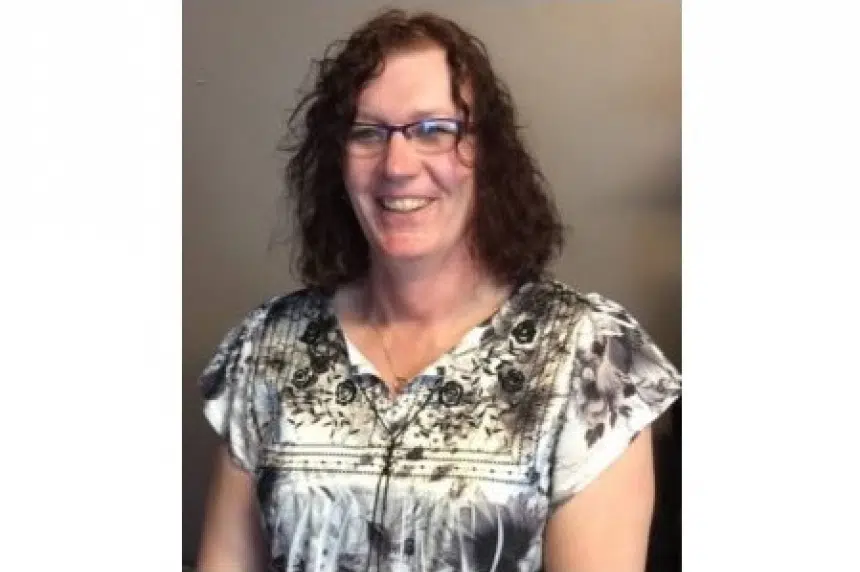After a long human rights battle over gender markers, legislation is changing and Moose Jaw Pride has received $20,000.
The whole thing started with Laura Budd, a transgender woman in Saskatchewan, who tried to get her gender changed on her government identification and documents.
Budd was denied twice because the province’s policy was that a person had to get gender reassignment surgery first, before their documents can be changed – a surgery which can be extremely difficult to access in Saskatchewan.
The second denial happened in July 2014, and the next month Budd filed a complaint with the Saskatchewan Human Rights Commission.
For more than 40 years Budd lived as a man. She said it took an emotional toll on her, but at the time she didn’t feel safe enough to live as her true gender identity.
“In dealing with it I’ve accepted who I am and moved forward, and to do that in Saskatchewan society I needed my identification to recognize who I am, and to reflect that,” explained Budd.
The Commission agreed with Budd, and applied to the Court of Queen’s Bench for a hearing, arguing that the government’s policy requiring surgery violated Saskatchewan’s Human Right Code: “No person, directly or indirectly, alone or with another, or by the interposition of another shall, on the basis of a prohibited ground”, in this case gender.
In February the court issued an agreed upon consent order, so now the Registrar of Vital Statistics has the authority to change the gender on documents for transgender adults.
As part of the agreement with the commission, last week a $20,000 settlement was paid to Moose Jaw Pride.
“I knew the good the money could do, and felt that was far enough, that pushing to get the money paid directly to myself wasn’t the point,’ said Budd.
Budd said the money will be used to fund awareness campaigns in rural Saskatchewan.
Since the court order, transgender adults can have their gender changed on documents, but only if they have the consent of a third party, like a doctor or psychologist who agrees that it’s in the person’s best interest.
The government is in the middle of consultations to amend the legislation. Budd said the transgender community wants the legislation to not need third-party consent for the change.
“We know who we are … We’re still working with them to help them understand that the individual knows who they are.”
Several other jurisdictions in Canada like Ontario, B.C., and Alberta made similar changes to their legislation years ago.











